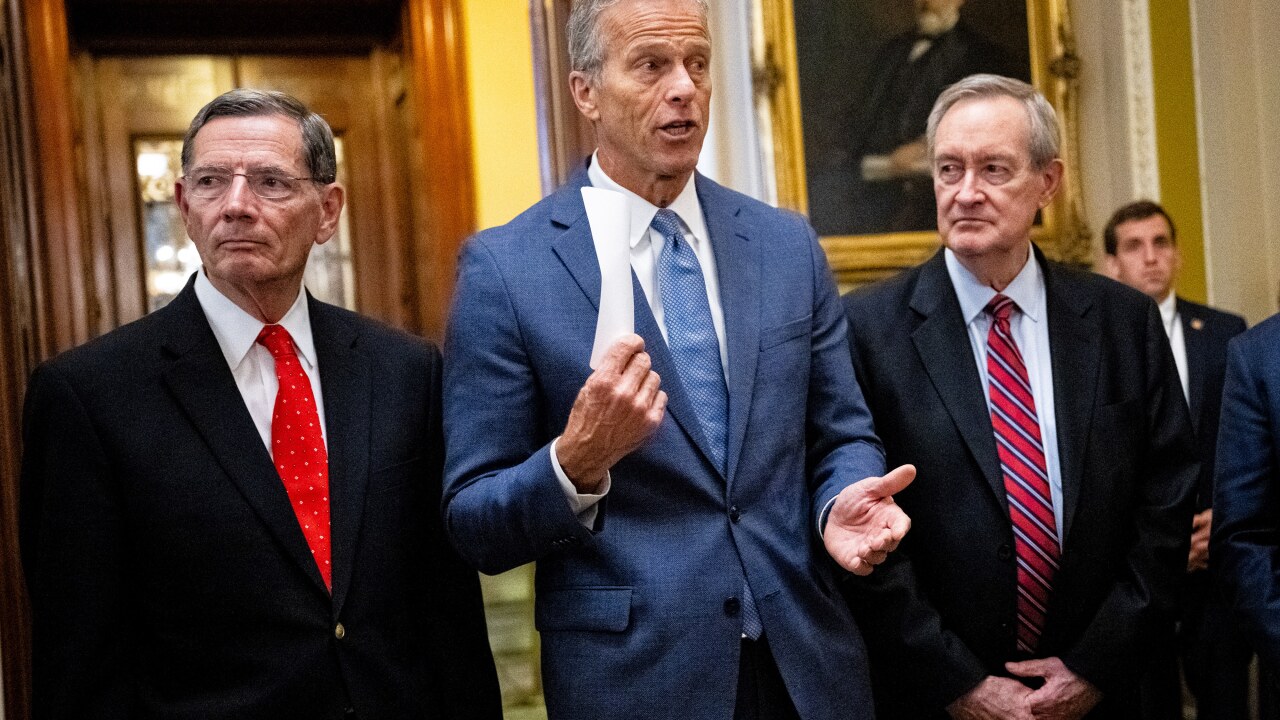Receiving Wide Coverage ...
Taking Stock of the Stress Tests: All 31 banks subject to the Federal Reserve's stress tests had enough capital to survive the central bank's crisis scenario, but many in the media say this may not be the most reliable indicator of how banks would manage in a real recession. The problem is it's hard to predict what a crisis will actually look like, Stanford finance and economics professor Anat Admati tells the New York Times a point echoed in the Financial Times by Tim McTaggart, a lawyer and former counsel to the U.S. Senate Banking Committee. In a separate article, the FT's Gillian Tett suggests stress tests have become so predictable that banks can easily game them. She also considers the possibility that the real function of stress tests is to reassure the public rather than accurately measure banks' performance in the midst of financial disaster. The Wall Street Journal takes a more positive view of both the stress tests' efficacy and banks' overall health, saying Thursday's results "buttress regulators' view that the financial system is safer than before the recent recession, in large part because of loss-absorbing capital built up ahead of the annual test." But this point is undercut somewhat by a kicker quote from CLSA analyst Mike Mayo, who tells the paper, "These results are full of possible false positives and false negatives." The paper also cautions that banks may not fare as well when the Fed announces whether it's approved their capital payout plans next week, since the decisions take qualitative factors like governance and culture into account. Meanwhile, John Carney of "Heard on the Street" notes multiple banks' performance on common equity Tier 1 ratios, including Goldman Sachs, Morgan Stanley, JPMorgan Chase and Wells Fargo, slipped from the previous year.
Wall Street Journal
Fraudsters are using credit card data stolen during major retailer breaches to make purchases with Apple Pay, the paper reports. Roughly 80% of the fraudulent purchases have been for Apple products. "The bogus purchases are a setback for Apple's high-profile foray into electronic payments, even though banks are responsible for verifying customer information before cards can be used with phones," the paper reports. This analysis prompted some skepticism from the peanut gallery. "How is this Apple's problem? The stolen info can be used without Apple Pay. Under the 'Apple Pay' logo is the 'regular ole credit card processing system' (banks)," commenter John Yungton writes.
Want to recapitalize Fannie Mae and Freddie Mac? Keep dreaming, John Carney writes, pointing to a recent speech by Treasury Department housing finance counselor Michael Stegman. The speech indicates the government won't be recapitalizing the GSEs anytime soon, since "Treasury would have to agree to change the terms of their bailout," Carney writes. "That is clearly off the table."
JPMorgan Chase's move to charge some corporate clients for their deposits suggests Dodd-Frank regulations are "forcing liquidity out of the banking system," according to American Enterprise Institute scholar and BankThink contributor Paul H. Kupiec.
New York Times
People still want to bid in Bitcoin auctions despite the cryptocurrency's diminished price, the paper reports. The United States Marshals Service has received 34 bids in an auction of $14 million worth of bitcoins seized in the shutdown of online black market Silk Road.





